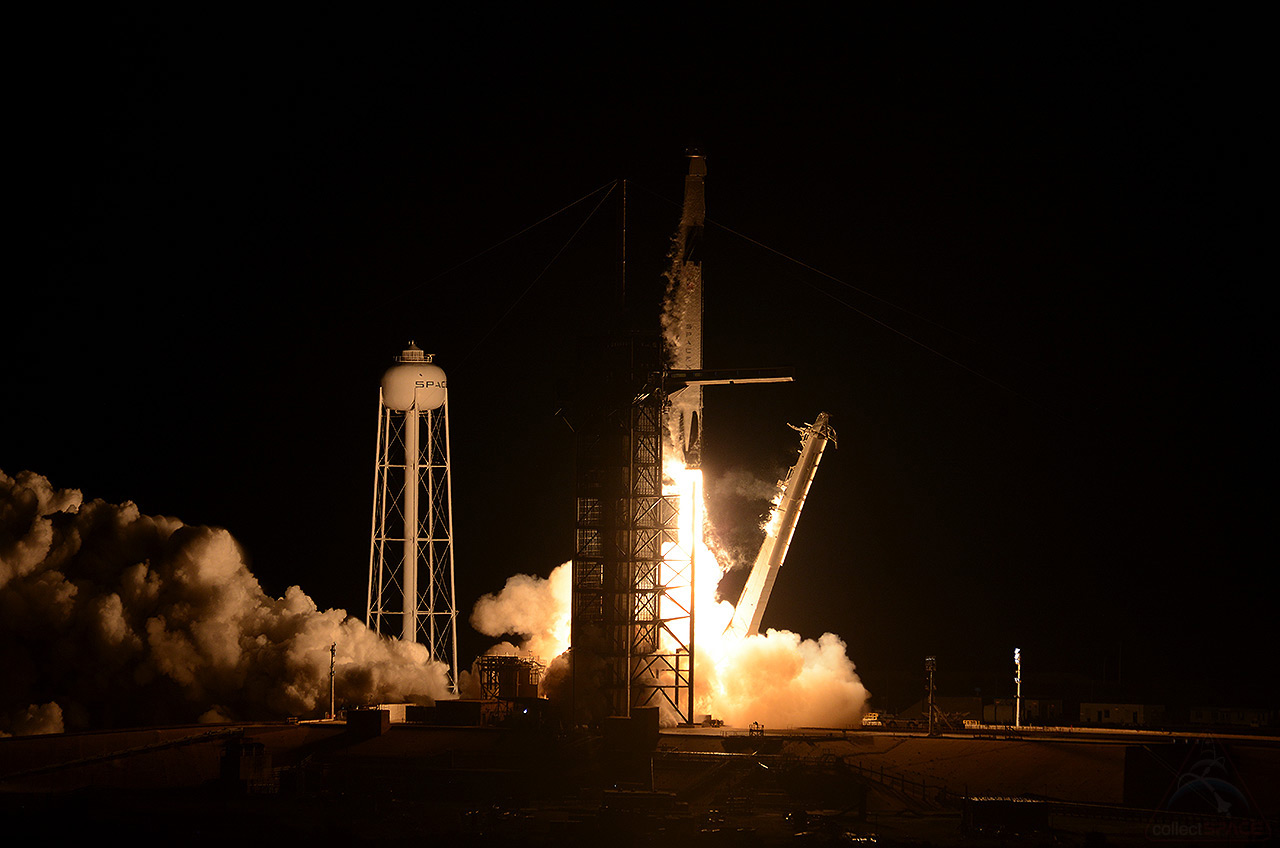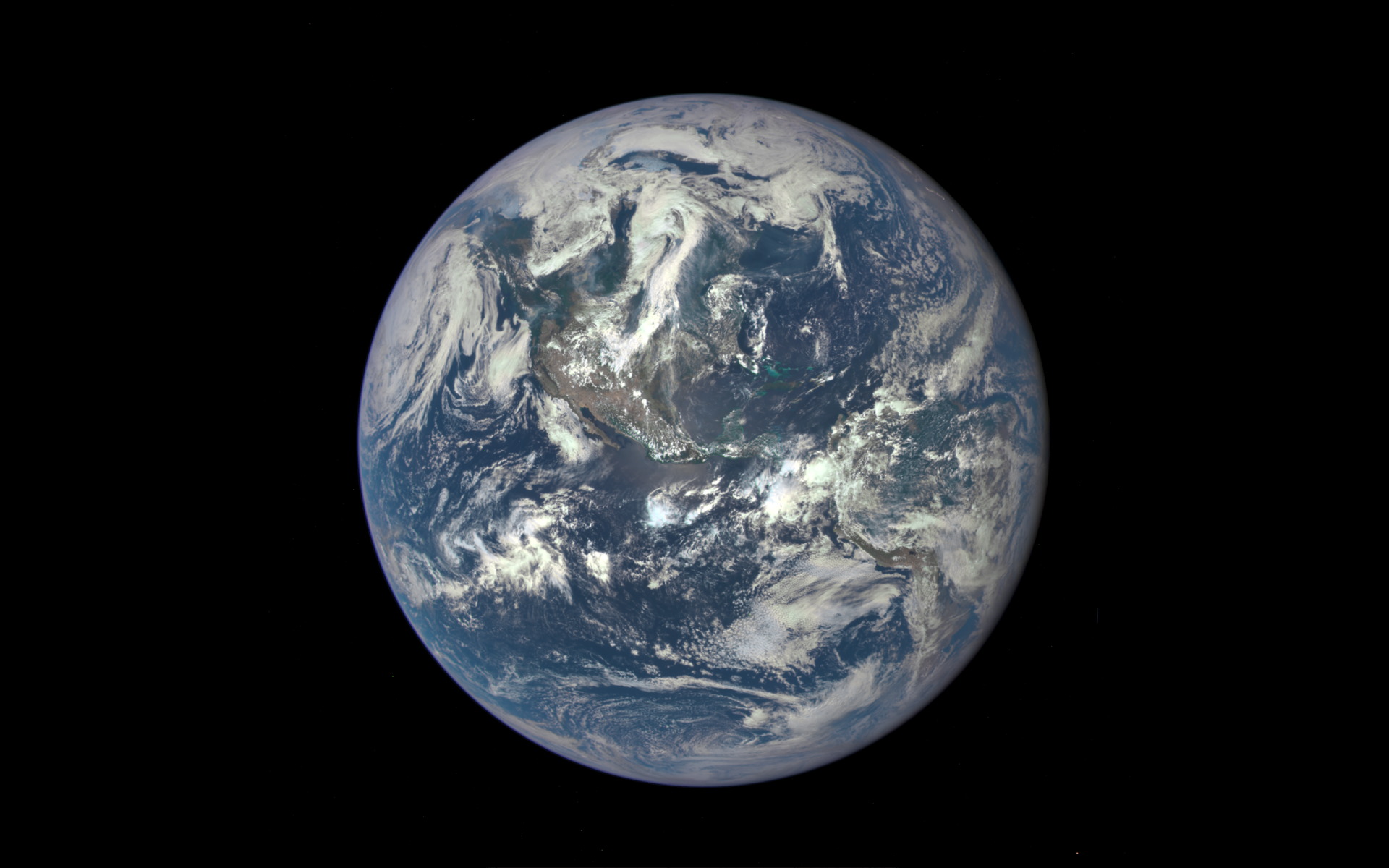SpaceX delays launch of next 60 Starlink satellite due to bad weather
Liftoff is now targeted for Monday, Jan. 27.

Breaking space news, the latest updates on rocket launches, skywatching events and more!
You are now subscribed
Your newsletter sign-up was successful
Want to add more newsletters?

Delivered daily
Daily Newsletter
Breaking space news, the latest updates on rocket launches, skywatching events and more!

Once a month
Watch This Space
Sign up to our monthly entertainment newsletter to keep up with all our coverage of the latest sci-fi and space movies, tv shows, games and books.

Once a week
Night Sky This Week
Discover this week's must-see night sky events, moon phases, and stunning astrophotos. Sign up for our skywatching newsletter and explore the universe with us!

Twice a month
Strange New Words
Space.com's Sci-Fi Reader's Club. Read a sci-fi short story every month and join a virtual community of fellow science fiction fans!
Dismal rocket landing weather has prompted SpaceX to postpone the launch of its next Starlink satellite mission by another three days, with liftoff now set for Monday, Jan. 27.
The private spaceflight company had hoped to launch its next 60 Starlink internet satellites earlier this week, but delayed the mission to no earlier than Friday (Jan. 24) due to bad weather at its rocket landing site. On Thursday, SpaceX pushed the launch back again, to no earlier than Monday.
"Weather in the recovery area continues to be unfavorable so team is now targeting Monday, January 27 for launch of Starlink, pending Range availability," SpaceX officials said in a Twitter update.
Video: See SpaceX's 1st Starlink Satellites in the Night Sky
In Photos: SpaceX Launches Third Batch of 60 Starlink Satellites to Orbit
SpaceX test-fired the Falcon 9 rocket that will launch this batch of Starlink satellites on Monday (Jan. 20) with hopes to launch the mission by mid-week, but ultimately targeted Friday for the liftoff due to weather conditions at the booster's recovery site in the Atlantic Ocean. SpaceX will use a drone ship as a floating landing pad to recover the Falcon 9 rocket's first stage.
The Falcon 9 rocket for this mission, called Starlink-3, has flown two missions before, one to launch SpaceX's Crew Dragon Demo-1 mission from Launch Complex 39A at NASA's Kennedy Space Center in Florida and the other to loft three Canadian satellites from at Vandenberg Air Force Base in California.
The Starlink-3 mission will be SpaceXs fourth launch to grow its Starlink megaconstellation of satellites, which are designed to provide high-speed broadband internet service from space.
Breaking space news, the latest updates on rocket launches, skywatching events and more!
Related: Why SpaceX's Starlink satellites caught astronomers off guard
SpaceX has launched 180 satellites into orbit over three launches, one in May 2019, the second in November 2019 and the third earlier this month. The most recent launch on Jan. 6 made SpaceX the operator of the largest satellite constellation in the world.
SpaceX ultimately plans to fly a megaconstellation of 40,000 Starlink satellites to provide broadband internet to remote and underserved parts of the world. Elon Musk, the company's founder and CEO, has said SpaceX will need at least 400 satellites in orbit to begin "minor" service coverage and 800 satellites for moderate coverage.
- SpaceX's Starlink Constellation Could Swell by 30,000 More Satellites
- SpaceX's Starlink Broadband Service Will Begin in 2020: Report
- 'Whoa, It Worked': Elon Musk Tweets Via SpaceX's Starlink Satellites
Email Tariq Malik at tmalik@space.com or follow him @tariqjmalik. Follow us @Spacedotcom, Facebook and Instagram.


Tariq is the award-winning Editor-in-Chief of Space.com and joined the team in 2001. He covers human spaceflight, as well as skywatching and entertainment. He became Space.com's Editor-in-Chief in 2019. Before joining Space.com, Tariq was a staff reporter for The Los Angeles Times covering education and city beats in La Habra, Fullerton and Huntington Beach. He's a recipient of the 2022 Harry Kolcum Award for excellence in space reporting and the 2025 Space Pioneer Award from the National Space Society. He is an Eagle Scout and Space Camp alum with journalism degrees from the USC and NYU. You can find Tariq at Space.com and as the co-host to the This Week In Space podcast on the TWiT network. To see his latest project, you can follow Tariq on Twitter @tariqjmalik.
